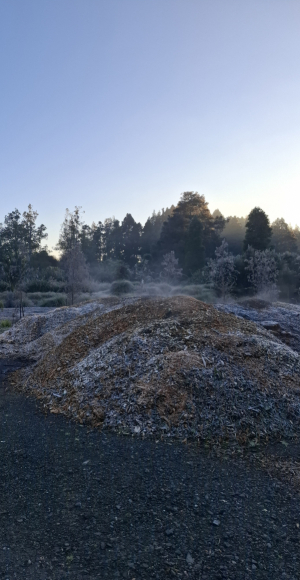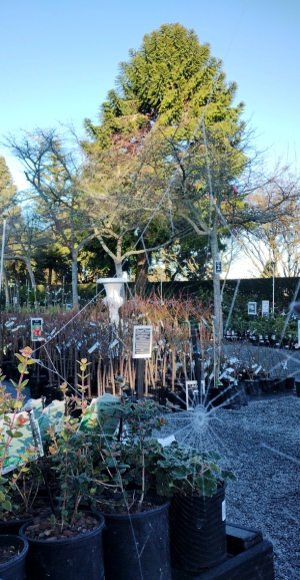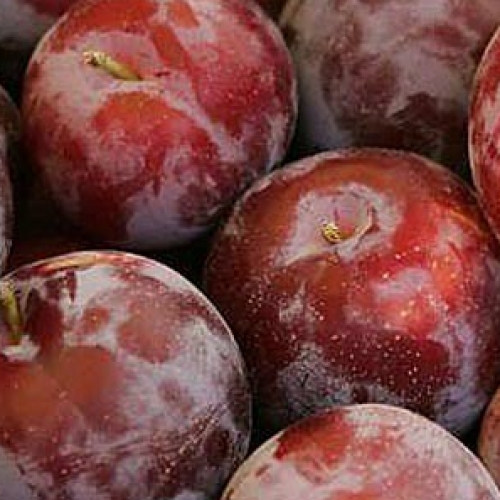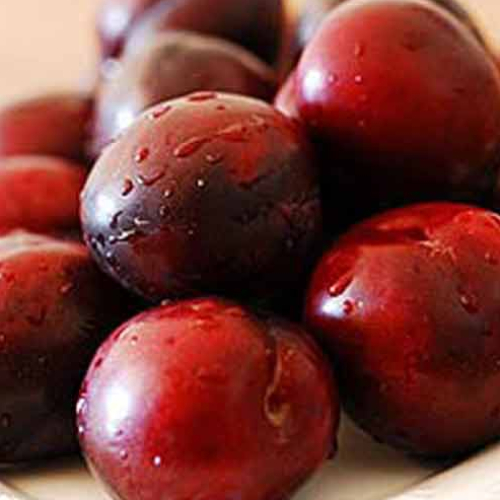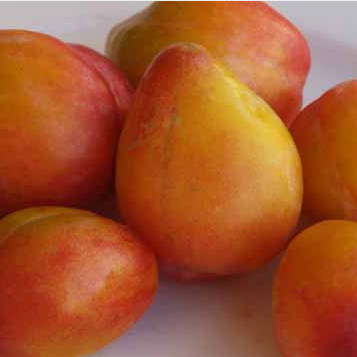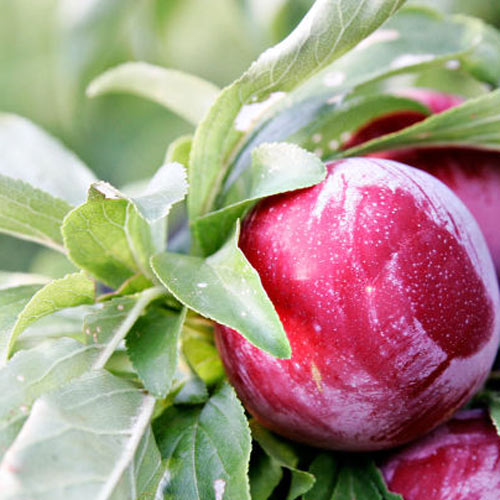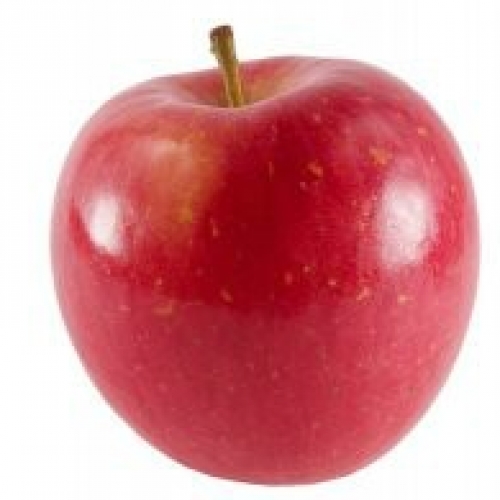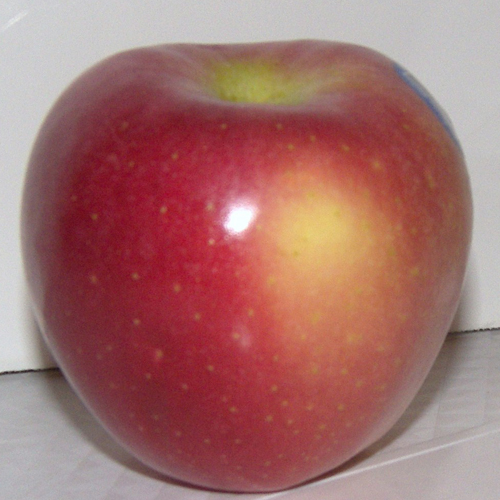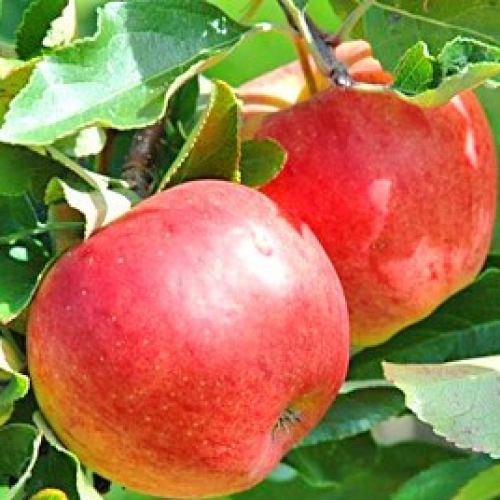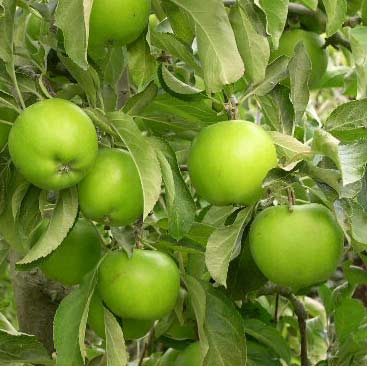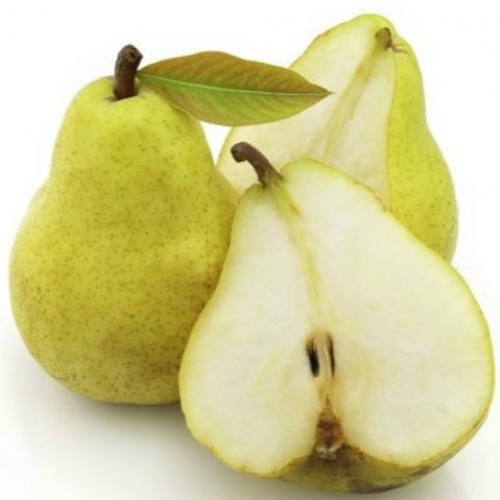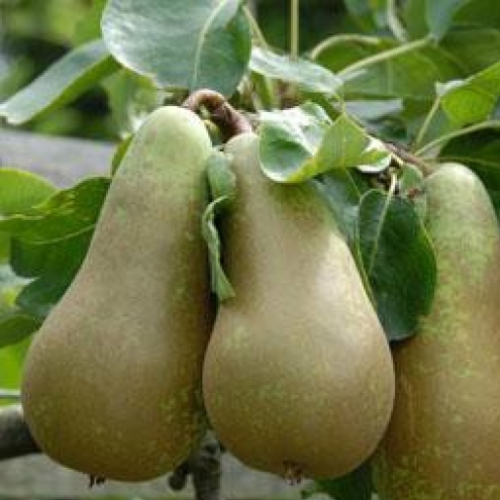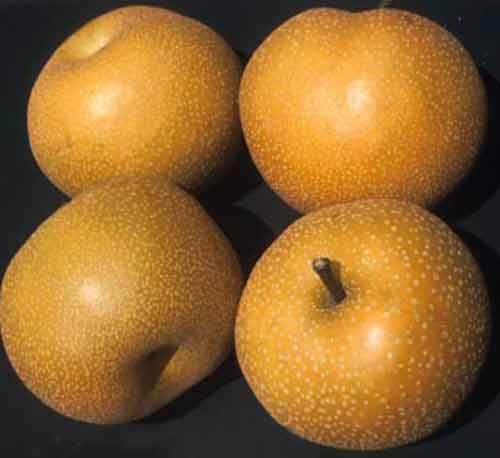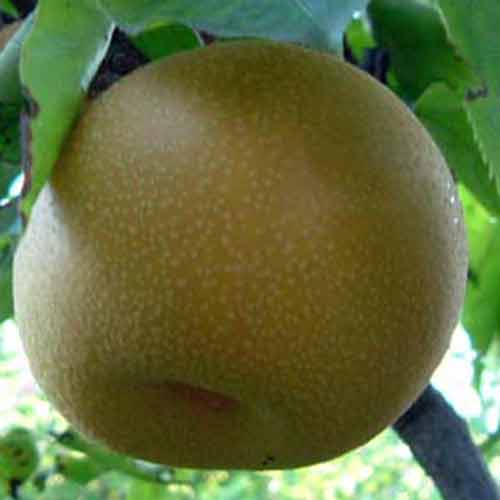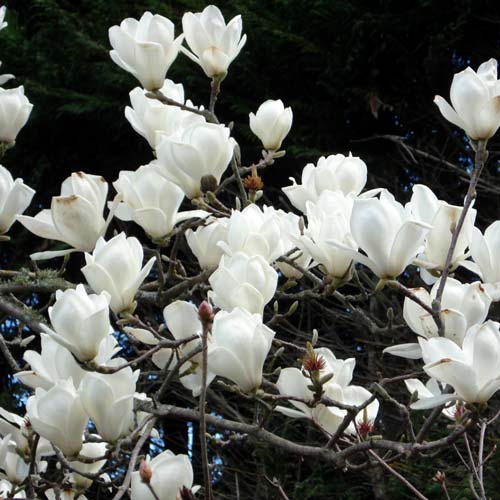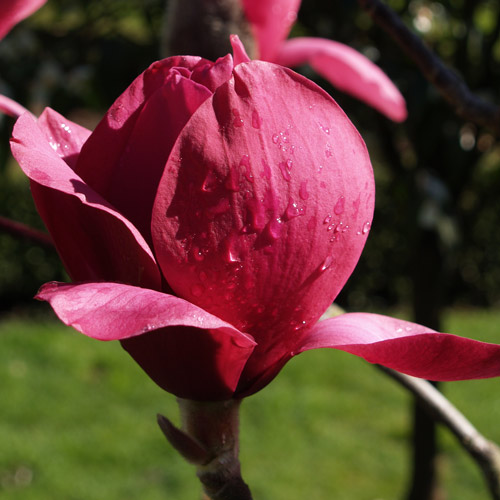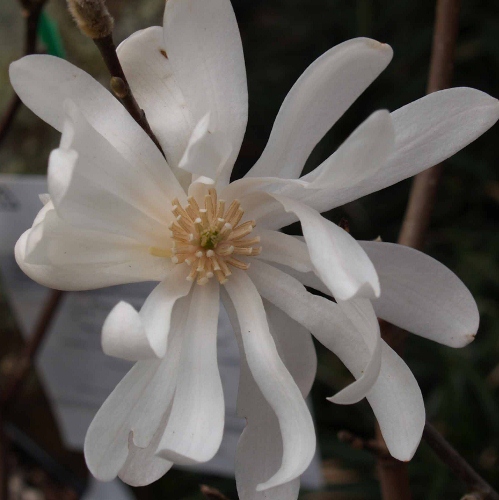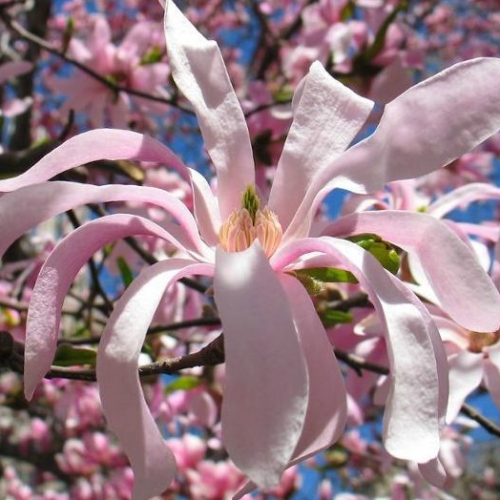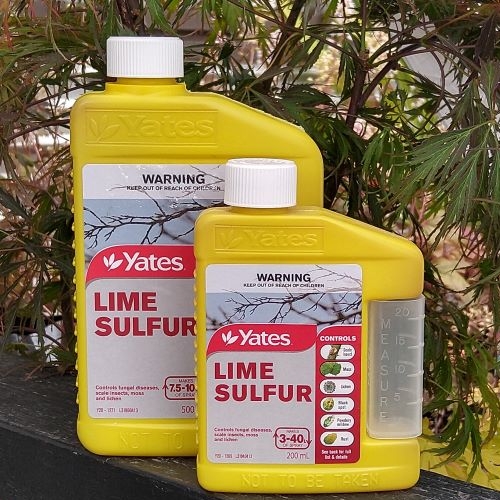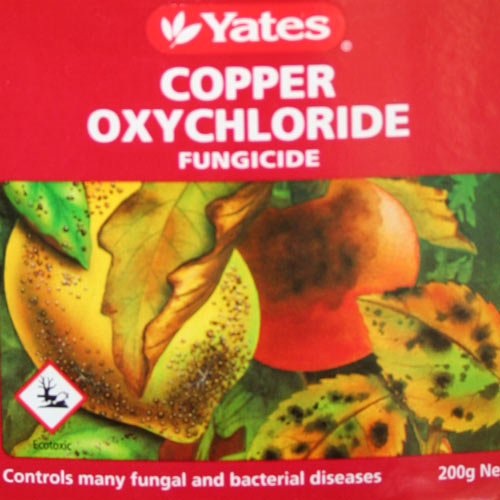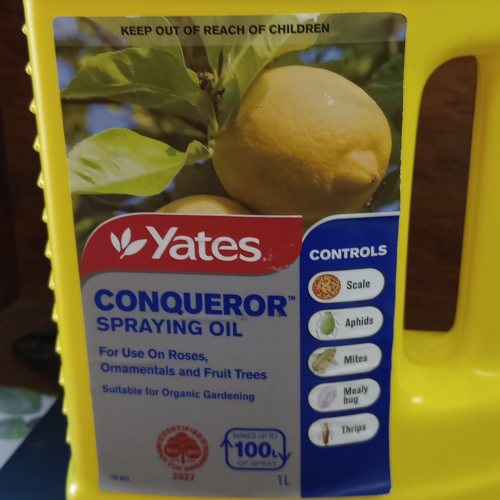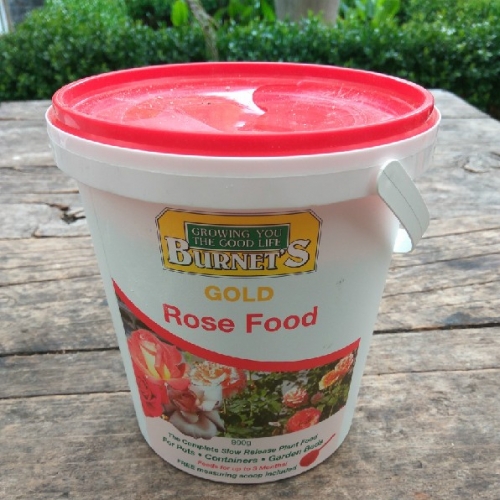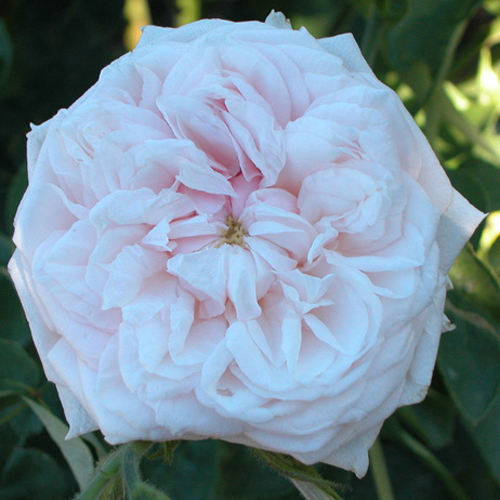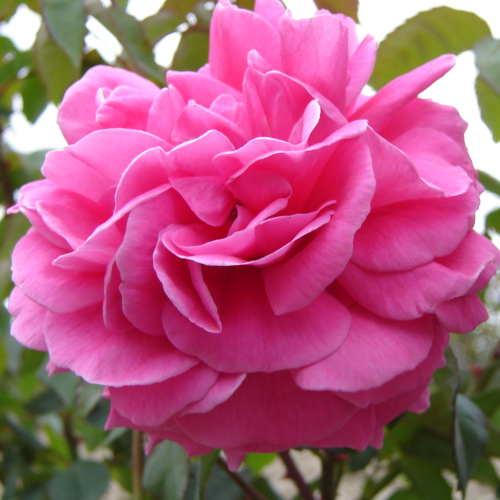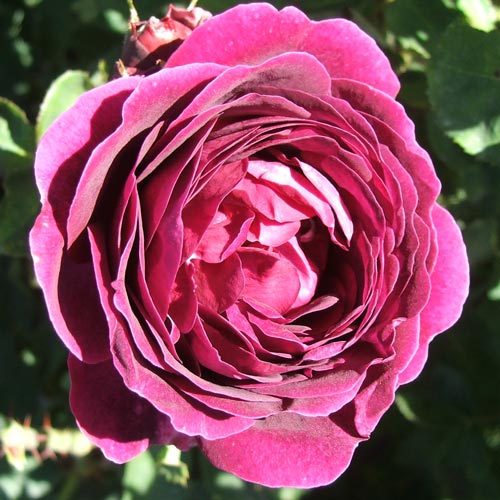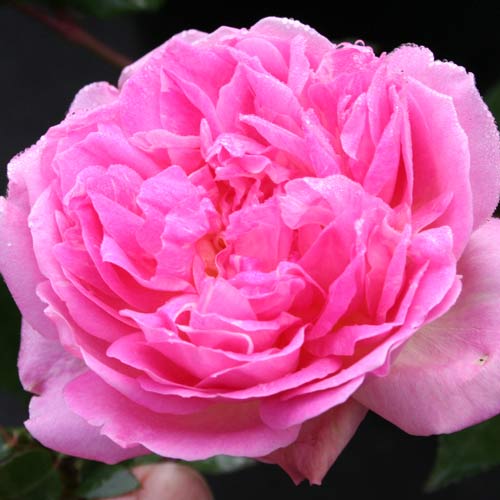Saturday 26th July, 2025
Hi
Gardeners love Winter?! - By Tracy
A friend of mine used to say that when you could not think of anything to say you would talk about the weather. Well it's true I guess, but for those of us who work outside for the majority of the time, the weather is more important than that; it has a big impact on our day and state of mind. Plenty of vitamin D along with the extra workout from many layers of thermals, beanies and gloves. For gardeners too, the frosty mornings and clear blue sky are great to herald the death of bugs and blights which play havoc with our treasured garden friends. So this past week in the Waikato (with the negative or tiny digit temperatures) even though it means your hands burn when you get the frost cloth in, inwardly you are breathing a sigh of relief.
A frosty start to the day. Image LHS shows frost on piles of mulch this morning. Image RHS frost in the nursery making life chilly for local spiders.
Sunny days, as opposed to rain, also mean you are not too worried about the soil being damaged if you are digging. This means it's OK to get stuck in and plant, prune or do whatever in your patch of dirt. The winter is a good time to gauge what your soil is really like too and this plays an essential role in how well your plants grow and thrive. I guess because you can't see it, you don't think about it too much, but the type of soil you have and how your plants respond to it will dictate whether it's a bountiful harvest/display or a disappointing flop.
Helpfully growers have developed a way to influence how your plant will grow and that is by using grafting and different rootstocks. When you look at any fruit tree, and many of the ornamentals, you will see what looks like a sideways bend in the trunk which is the join or graft union. This is where the bud wood of the plant you want has been inserted into the bark of the bottom tree stem (rootstock) and then when the new bit (scion) has grown into/fused into the cells of the lower tree, so that water and nutrients can pass through, they chop it off and voila you have a grafted tree!
The A-Z of rootstocks
Along with much of horticulture, grafting and rootstock practice have their own little jargon and secret agent codes, but if you have access to your trusty Wairere website then you will be sweet. We have the lowdown on what all the abbreviations like MB, GQ, MM106, QuA etc.. mean. Check out this
link for a summary.
I'll give you the short version here and you can read more if you are interested. Basically if you have really heavy soil (clay) then you are best with a tree which has a Myrobalan (MB) rootstock. On the label this will look like
Plum Santa Rosa MB. A plum or
Apricot on this rootstock will likely be SLIGHTLY smaller growing than one on another rootstock. If you have your bog standard (well not a bog actually) soil in New Zealand which is likely to be loam, sandy loam or clay loam you should probably go with Golden Queen (
GQ) rootstock (e.g.
Plum Black Doris GQ). The other things which rootstock influence are the resistance to diseases (which is why all roses are grafted) and also how big the plant may grow.
If you have considered buying a dwarf citrus for a pot then you will be buying one on Flying Dragon rootstock - a cool name which means it will only grow to about 1.5m tall.
Apple growers (or pomologists) don't have as good an imagination when it comes to naming the rootstock, so if you want an apple which only gets to about 2m tall then you want one on a M27 rootstock. Secret codes for apple rootstocks are unravelled
here.
Basically, this gives you the opportunity to choose how big your tree will grow. As a rule of thumb, the larger the number after the M or MM, the bigger the tree. Knowing how big your tree is likely to grow in 7-10 years is very handy, especially if you have limited space.
Plums and Pears
As a follow-on from last week's newsletter about the benefit of
apple pollinators, it's worth mentioning that most
Plums and
Pears need a specific other variety nearby in order to set fruit. So if you have had a lonely plum on your section for awhile which hasn't fruited, then you could consider planting a compatible partner as an alternative to cutting it out altogether. Plum pollinators can be found
here. Another option are our very popular self fertile varieties,
Luisa and
Hawera, which are good to go on their own.
Pears and
Nashis are similar in that they have specific partners which will ensure a good set of fruit from bees busy cross pollinating. There are also varieties which are considered self-fertile but benefit from having a helpful 'neighbour'. These include
Belle de Jumet,
Conference,
Nashi Hosui and
Nashi Kosui.
Heralds of Spring
When we are deep in the freezing cold of winter it's nice to think about the spring, and nursery workers and gardeners are lucky because we are the first to notice the changes in the plants. My husband Owen picked me some pretty flowering daffodils and jonquils last week, which brightened up our kitchen.
Already we can see some of the buds on the early
Magnolias starting to swell and open. The
Denudata in the garden is opening now and we have had several varieties of
Stellata in the garden centre with flowers too. Yay, the warmer weather is coming!
Spray Time
Two questions that we get asked a lot at the moment are "when should I prune?" and "what should I spray?". Pruning depends on what part of the country you are in, but as a general rule mid to late July is good for the Waikato for roses and fruit trees. There's some detailed information about spraying and maintenance of roses
here. For a winter clean up around pruning we recommend a first spray with
Lime Sulphur. This will cause your leaves to fall so you can have a clean up and remove any which have fungus spores on the underside to prevent them spreading in spring. A couple of weeks later you can use
Copper oxychloride mixed with oil e.g.
Conqueror Oil which will give you plants a good start heading into the new season. Fertiliser time will be in late August, just before the new growth really kicks in.
Rose Society Demonstrations and Questions
Our last Rose Society question session will be on this Sunday 26th between 11 and 1pm. Bring along any questions or comments and have a chat to the experts.
Being an optimist I say we are well past the shortest day now and on the down-hill slope to spring. So, I hope you can get out and enjoy the winter sunshine.
Have a great weekend.
Cheers from Lloyd, Tony and the Wairere team.
